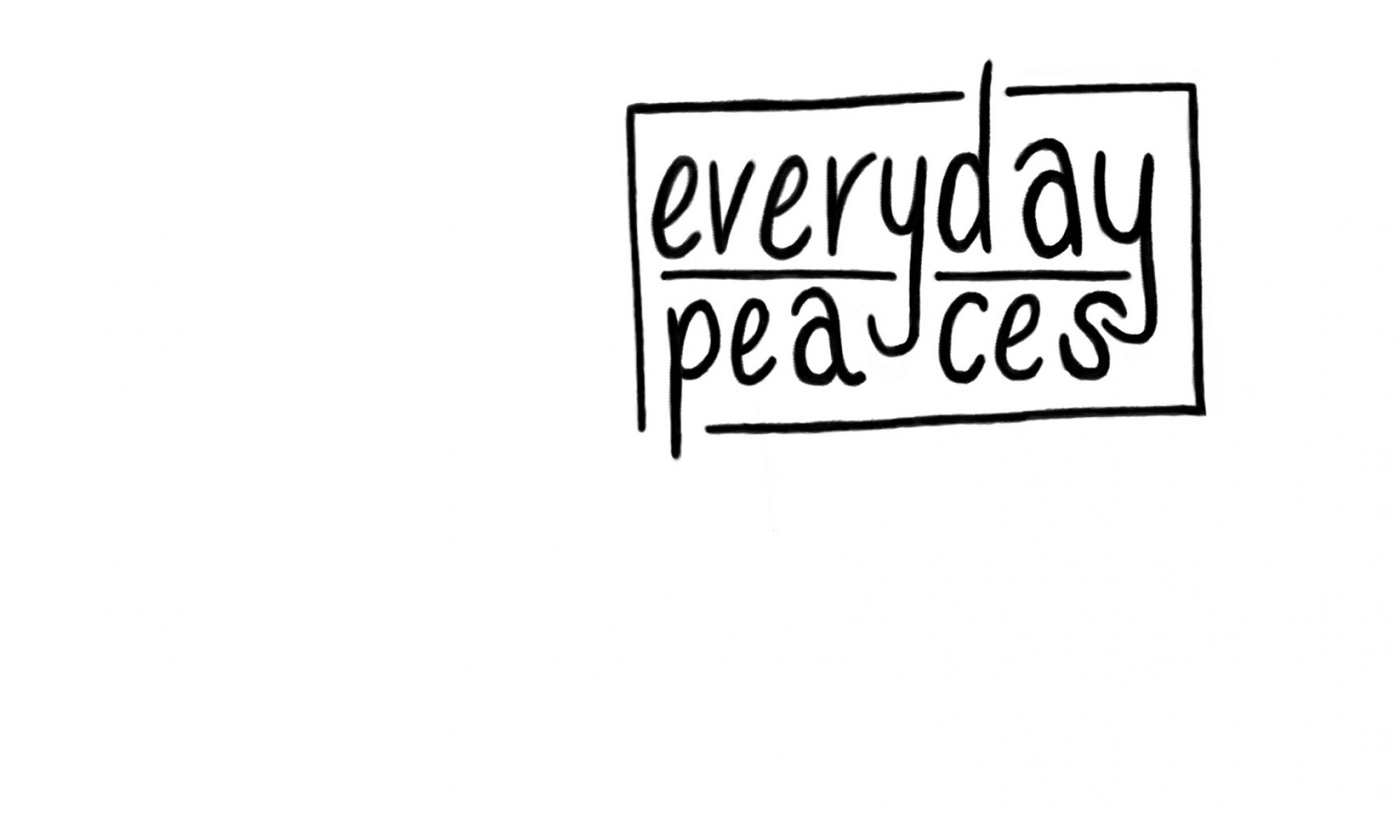In autumn 2015, Europe experienced the arrival of a previously unknown number of refugees. While this time has caused many debates and created stories, inspiring and disturbing ones, I did not experience it first-hand. I was not in Europe at that time and could only listen to the news and stories. Years later, they are still being told. One I want to share here, the way it was told to me:
In the summer 2015, a big group of refugees were building up a camp in the centre of Brussels in the Maximiliaanpark. He (the storyteller) was approached by a friend and they started helping in the camp. Someone had the idea to create a facebook group and immediately, it started growing. People donated tents, food, clothes, things you would need. The government at that time was not really doing anything at the time. But people stepped in. There was someone working for Doctors without Borders/Médecins Sans Frontières (MSF) in logistics. And for him it was not a problem to arrange some better tents. That way, they got some bigger and more stable tents, where you could actually stand inside and also larger tents for office space.
“In a couple of days, people flocked into the camp from all over Brussels, and Belgium really, and volunteered together with the refugees for building the camp. We created plan, one guy from a print shop had the possibility to print things on plastic— so we had maps of the camp everywhere, all the signs for where people would go to… all in English, Arabic, French and Dutch. It was actually all quite professionally organised by a bunch of people who have never done this before.”
As time continued, He asked about being the spokesperson for the tent camp. Which was needed to get some support, while the government was not doing their job fast enough, providing refugees with necessary shelter and help and so on.
Then winter was coming and they knew that the camp was going to get too cold, and started looking for other options. They started contacting people around Brussels to take in people from the camp, voluntarily. First came the families with little kids. Later, when more people opened up their doors, single persons who were mainly younger men, were taken as well.
But still, there was a need for a shared communal space. The refugees came from several countries and they needed a space to be among each other, to exchange experiences as well as information.
“So we found, actually across the street from the refugee camp, there was a building that was empty and that was going to be demolished next year. But it was in perfect condition, they just wanted to remove it and build apartments there. So we talked to the owner and the owner was like ‘Sure, you can use that.’ […] and we had a whole building that we could actually use.”
They had a communal space, place for organising and meetings and also storage for things like boxes with clothes. The house they had for about a year, so that gave some time to think further.
The story of this camp continued, but He started to work for a while with MSF, who had problems working with this in Europe unusual situation. Visiting refugee camps all across Europe, He could see the different scenarios and how all the countries have different ways of dealing with the situation and the people. It was a “mind opener”, about governments and people. But after the work with MSF and the intense time with the tent camp, He needed a break.
So, where do you see the humanity in all of that, I ask.
Well, not in governments, in His case.
“When it comes to the people, I feel so many people change. For instance, in Brussels: you had people who live in the neighbourhood who just come and see. You have those people, when there is an accident, they actually go and look. That was the same thing in Brussels, you had those disaster tourists. And they came. But because of the friendliness of the atmosphere, there was no hostility or whatsoever. Yeah, there were some fights once in a while, but in general no hostility. You had people making music, kids running around in the whole place, it was a good atmosphere. So those people actually stayed. And they started volunteering. Not all of them, but it was super nice to see. You have people who live quite segregated in Brussels, and they come and see, they see the kids, and all over sudden you get the question ‘Can I volunteer in the kitchen?’ — And I’m saying “Yeah, that here is the person dealing with the kitchen, so there you go.’ It’s a rolling effect. And that doesn’t go for everyone, but I do think that is where you find the humanity. You know how disarming a smile can be?”
[…]
“I think you always have to look at it from the positive way. Because if not, you get pretty devastated. If I wouldn’t see my friends in Palestine cope with the situation there and how they have dealt with the torture and so on… If I was just listening to the torture stories, I would be devastated. But I listen to the other side of the story too. That is the resistance, the strength that they have, to go on. And that is something so powerful, […] You listen to those stories and then you go like ‘this is also part of humanity!’ You can see it everywhere.”
And this is the essence of what these stories are about. Humans cause a lot of destruction. But there is also a lot of love and care, and this should also be shown.
“The world is full of these stories.”
